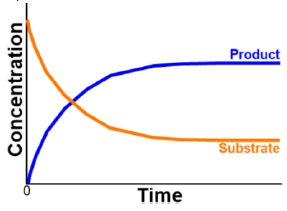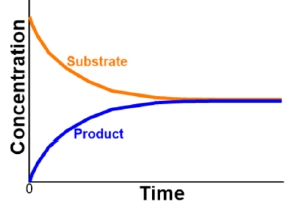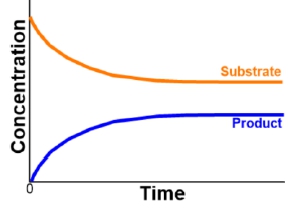Understanding enzymes is crucial as we delve into protein function. Enzymes are primarily globular proteins that act as catalysts, meaning they accelerate chemical reactions without being consumed in the process. This characteristic allows enzymes to return to their original state after the reaction, remaining chemically unaltered. While most enzymes are proteins, it is essential to recognize that ribozymes, which are RNA-based catalysts, also exist.
In enzymatic reactions, the reactants are known as substrates. These substrates specifically bind to the enzyme at a region called the active site. The interaction between the enzyme and substrate forms an enzyme-substrate complex, which is pivotal for the catalytic process. For instance, when a substrate binds to the active site of an enzyme, the enzyme facilitates the conversion of substrates into products at a significantly faster rate than would occur without the enzyme's presence.
The primary takeaway is that enzymes play a vital role in increasing the rate of chemical reactions, making them essential for various biological processes. In subsequent discussions, we will explore the mechanisms by which enzymes achieve this acceleration in reaction rates.




